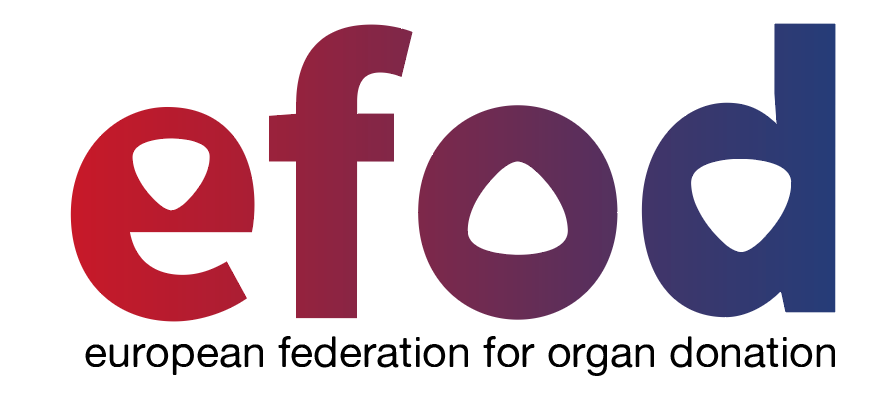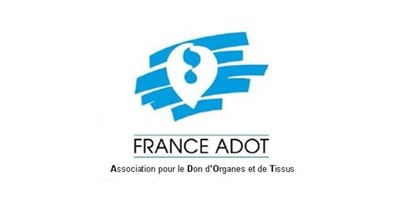National legislation on organ donation
Main law references:
The main laws regarding organ and tissue donation in France are the law of 6 August 2004, on bioethics, and the following revision laws of 7 July 2011 and of 26 January 2016. The Caillavet law of 22 December 1976 is equally important, as it established for the first time what are considered the fundamental principles of donation under the French code to this day: the principle of presumed consent, gratuitousness, and anonymity.
Expression of consent or dissent to the donation and organs that can be donated:
The mode of consent is tacit assent or presumed consent: anyone is considered a potential donor at death, unless during their lifetime they have expressed their will not to donate organs or tissues, by any means [Caillavet law, art. 2].
One way of expressing refusal to the procurement of organs or tissues for donation is the inscription in the automated national registry (Registre National des Refus), managed by the Agency of Biomedicine. It is also possible to refuse to the procurement of specific organs or tissues.
In the case of donation from a living adult, the recipient and the donor must be related or must have been living together for at least two years. In this case, the donor must be of age and in full rights, as well as physically capable of undergoing surgery, and must have given their free and informed consent before the President of the Tribunal de Grande Instance or the magistrate designated by the former [Law of 2004, art. L. 1231-1].
The organs and tissues that can be donated during life are bone marrow, kidneys (only if the donor and the recipient are related), skin, bone fragments and, exceptionally, the hepatic and lung lobe.1
In the case of bone marrow donation, the donor may also be a minor or an adult under legal guardianship, if the recipient is a family member and no adult donor can be found [Law of 2004, art. L. 1241-3 and 4].
In the case of post-mortem donation, the organs and tissues that can be procured, whenever possible, are heart, liver, kidneys, lungs, the heart-lung block, pancreas, parts of the intestines, corneas, skin, veins and arteries, bones, ligaments, tendons, and heart valves.
National laws on organ donation




